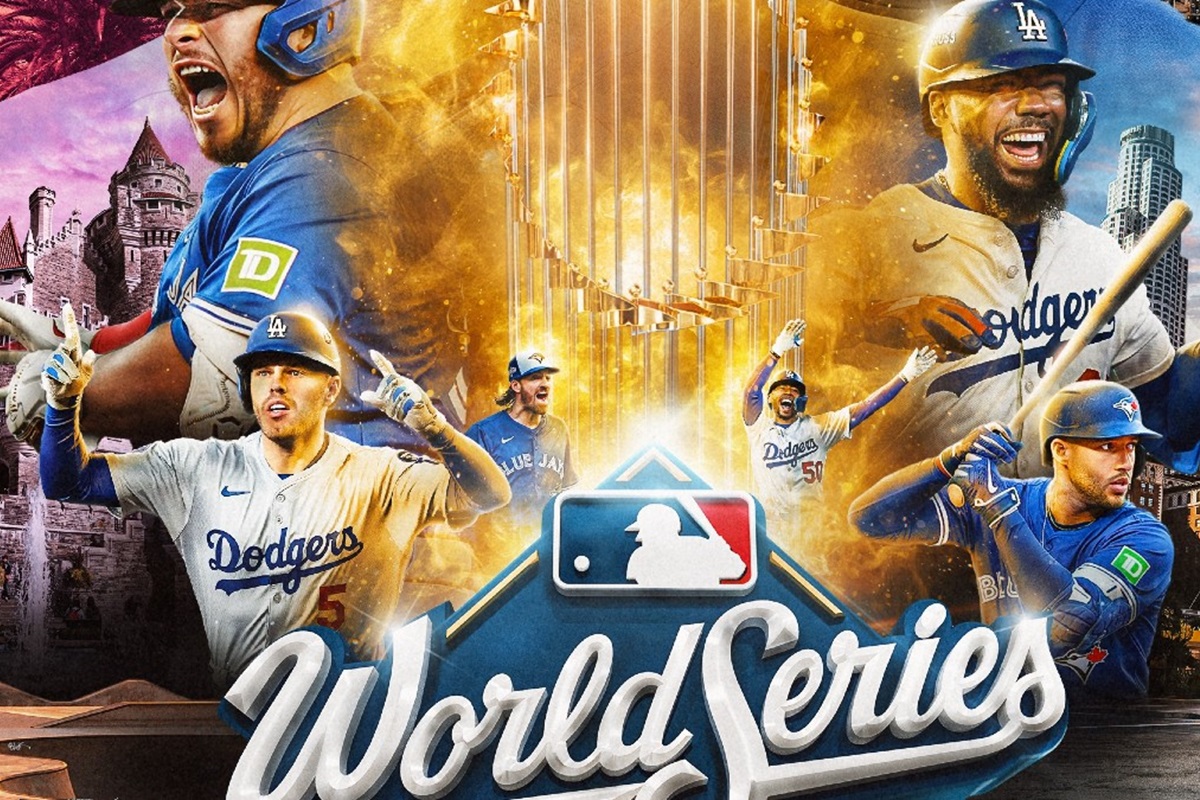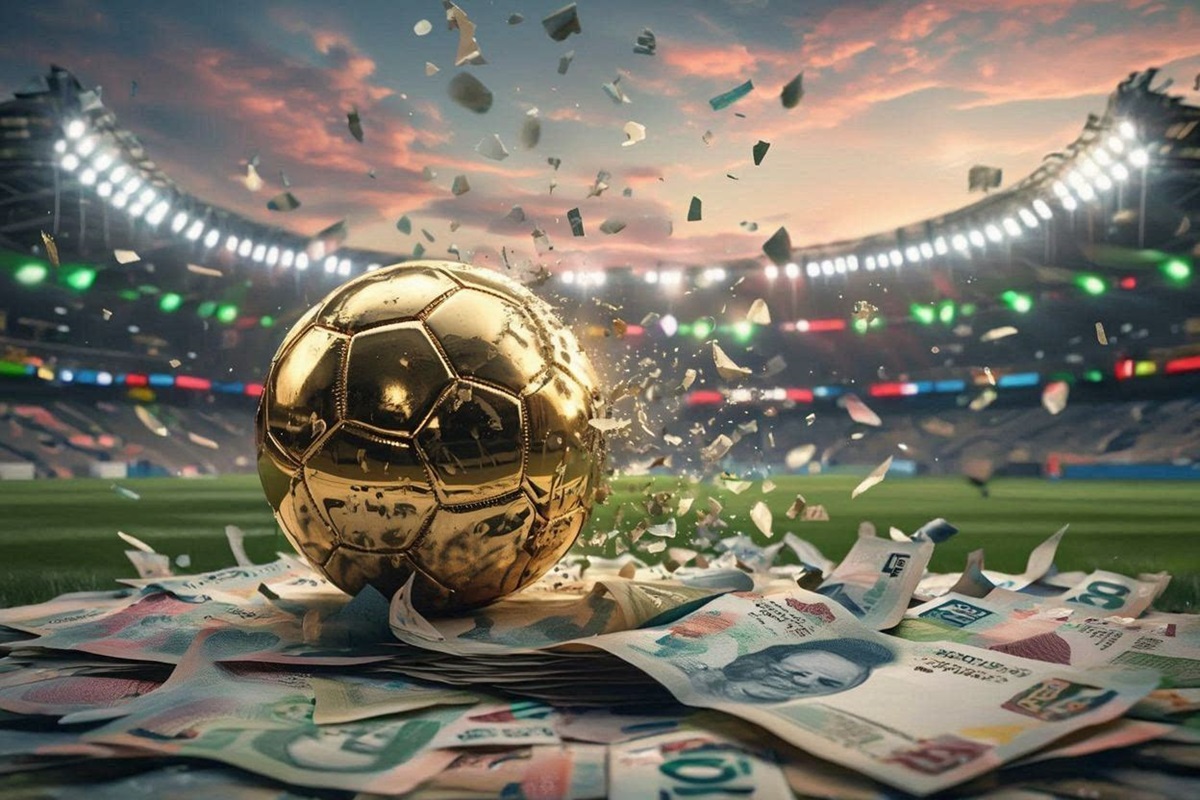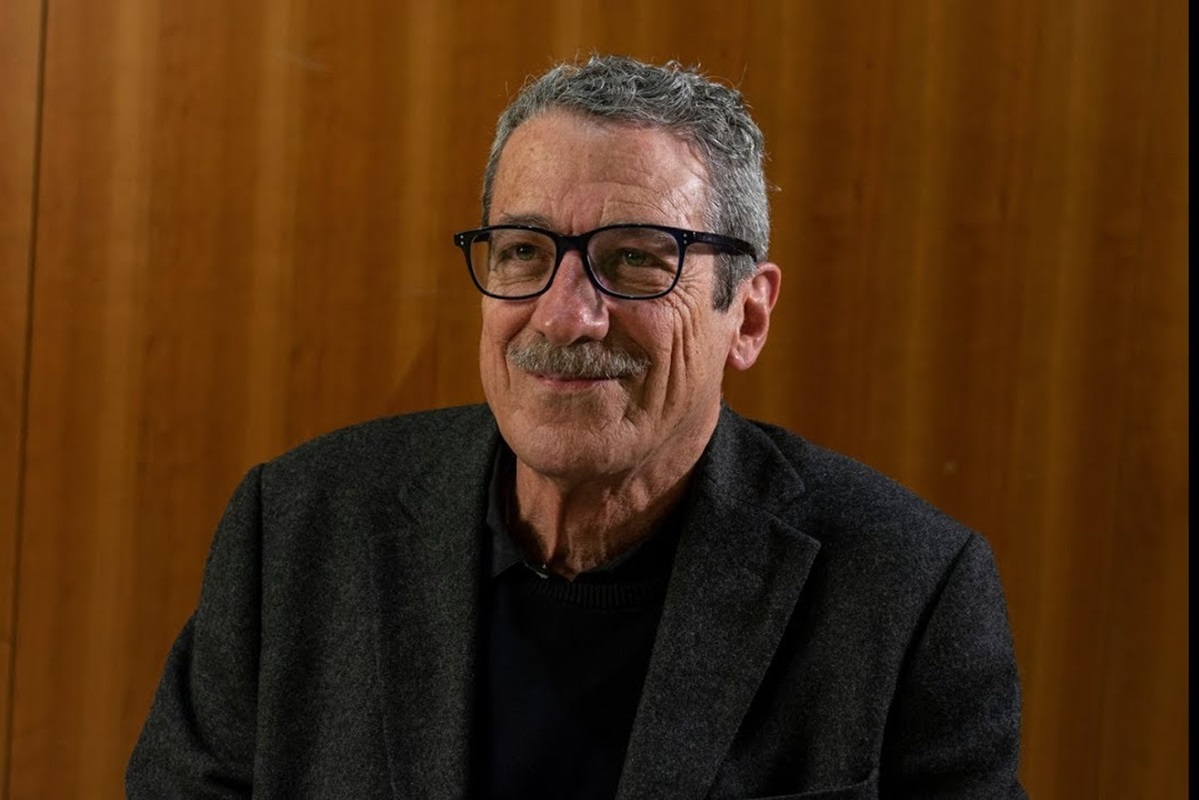It’s the moment when the world holds its breath. For nearly two hours, billions of fans pause their lives to watch 22 players chase a single dream — lifting the FIFA World Cup Trophy, that gleaming symbol of glory cast in solid gold.
Since 1930, only 22 finals have decided who rules the most beloved sport on Earth. Some ended with triumphs written in destiny; others turned into heartbreaks that still echo through generations. From legendary goals to penalties that defined nations, PanamericanWorld revisits the ten most dramatic World Cup finals ever played.
1934 – ITALY VS. CZECHOSLOVAKIA
In the final of the World Cup’s second edition, held in Italy, the local team knew that there was a lot at stake, beyond the world title, since Benito Mussolini had already underlined the importance of their defeating Czechoslovakia for his fascist regime. Therefore, the team coached by Vittorio Pozzo was under pressure in this decisive game, which took place at Rome’s Stadio Nazionale PNF, in front of over 50 thousand viewers and Mussolini in the President’s box.
The feeling of nervousness was extremely high when Antonin Puc scored the first goal for the Czechs in the 76th minute, but, in the 81st, Raimondo Orsi tied the game. Later on, in the 95th, Angelo Schiavio scored the goal that gave Italy the first title in history.
1950 – URUGUAY VS. BRAZIL

On July 16, 1950, nearly 200 thousand people went to Maracana Stadium, in Rio de Janeiro, looking forward to seeing the Brazilian team hold the “Jules Rimet” Cup. The “Canarinha” only needed a tie against Uruguay to become a champion, but it failed. The local team was leading the scoreboard in the second half of the game, thanks to Friaca; nevertheless, Uruguay was boosted by Juan Schiaffino and Alcides Ghiggia. The “Maracanazo”, as that surprising outcome was known, is still recalled as one of the greatest moments of Uruguayan soccer.
Article related: The History of the Soccer World Cup told by its Mascots
1966 – ENGLAND VS. FEDERAL GERMANY
The so-called “inventors of soccer” have only organized one World Cup, in 1966. In that edition, the British team played its only final in history, against Federal Germany, at London’s Wembley Stadium. The game finished 2-2 (Wolfgang Weber equalized it seconds before the end), so extra time was required. That was when Geoff Hurst became a national hero by adding two goals. The first one was described as one of the most polemic goals of all time because there were doubts about the ball entering the goal or not. The German team launched a wave of protests, but Swiss referee Gottfried Dienst validated the goal and the British players celebrated the title in front of their public.
1978 – ARGENTINA VS. HOLLAND

Argentina needed a lot of help to make it to the final of the World Cup in 1978. Although they were the local team, many people believed that the “mechanic orange” was the favorite to win the title, even without Johan Cruyff. Supported by ecstatic spectators at “Monumental” stadium, in Buenos Aires, the Argentinean team had its first goal, delivered by Mario Alberto “Matador” Kempes; nonetheless, Dick Naninga silenced the fans with a goal that sent the game to extra time. Once again, Kempes was the hero by scoring the winning goal
1986 – ARGENTINA VS. FEDERAL GERMANY
In the World Cup’s return to Mexico, in 1986, Argentina and Federal Germany played one of the best finals in history. The South American team had a 2-0 lead, thanks to Jose Luis Brown and Jorge Valdano; but the Germans did not give up and spectacularly tied the game. The reaction of the Argentinean team was immediate and, in the 83rd minute, Jorge Burruchaga defeated goalkeeper Harald Schumacher and gave Argentina its second crown in a World Cup, in an event that was recalled because of Diego Armando Maradona’s great actions on the field.
1994 – BRAZIL VS. ITALY
In the World Cup with the highest number of spectators, Italy and Brazil played a final that was written in record books, because it was the first one decided in the round of penalties. There were no goals after 120 minutes and the Brazilian team’s aim from the eleven-step distance was better. The Italian star, Roberto Baggio, shot the fifth and last penalty. It was the only hope of the European team, but he did it wrong and the ball flew above the area defended by Claudio Taffarel. This is how Brazil became the first four-time champion.
2006 – ITALY VS. FRANCE

The final of the World Cup in 2006 will always be remembered because of the polemic header given by Zinedine Zidane to Marco Materazzi. The duel between the French and Italian teams was tied by a goal, so it was the second World Cup that went to the round of penalties in order to define the champion. David Trezeguet missed his shot, but the five Italian players did it right and the team got the fourth star in its uniform.
2010 – SPAIN VS. HOLLAND
In the only World Cup organized by an African country, the golden generation of Spanish soccer found the greatest prize: the world crown. It seemed that the duel between the “Red Fury” and Holland would also go to the round of penalties, since there was no goal after 115 minutes; but an accurate pass was used by Andres Iniesta to deliver a shot that could not be caught by goalkeeper Maarten Stekelenburg. This was the beginning of the Spanish fiesta in Johannesburg.
2014 – GERMANY VS. ARGENTINA
Germany and Argentina met again in a final, in the World Cup hosted by Brazil in 2014. The duel was dramatic and went to extra time, 0-0. Before the imminent round of penalties, German Mario Götze stopped the ball with his chest and shot it beyond goalkeeper Sergio Romero’s reach.
2022 – ARGENTINA VS. FRANCE
The 2022 FIFA World Cup final between Argentina and France is already remembered as one of the greatest matches in soccer history. Over 148 minutes of pure tension at Lusail Stadium — witnessed by 88,966 spectators and more than 1.5 billion viewers worldwide — the two teams delivered a dramatic spectacle that defined an era.
Argentina seemed destined for glory after a dominant first half. For more than an hour, France looked subdued — until Kylian Mbappé exploded into life. In the 80th minute, he converted a penalty, then just 97 seconds later equalized with a stunning volley that stunned the world and forced extra time.
Messi put Argentina ahead again in the 108th minute, but Mbappé refused to yield, completing his hat-trick — the first in a World Cup final since Geoff Hurst in 1966 — with another penalty to tie it 3–3. The match went to penalties, where Emiliano “Dibu” Martínez became Argentina’s hero. He denied Kingsley Coman, watched Aurélien Tchouaméni fire wide, and helped seal a 4–2 shootout victory that crowned Argentina world champions for the third time.
The final carried an almost cinematic weight: Messi finally lifting the trophy that had eluded him for 16 years; and Mbappé, only 23, claiming the Golden Boot with eight goals and showing that the future of soccer was already here. It was more than a match — it was a generational handover played at the highest possible level.







